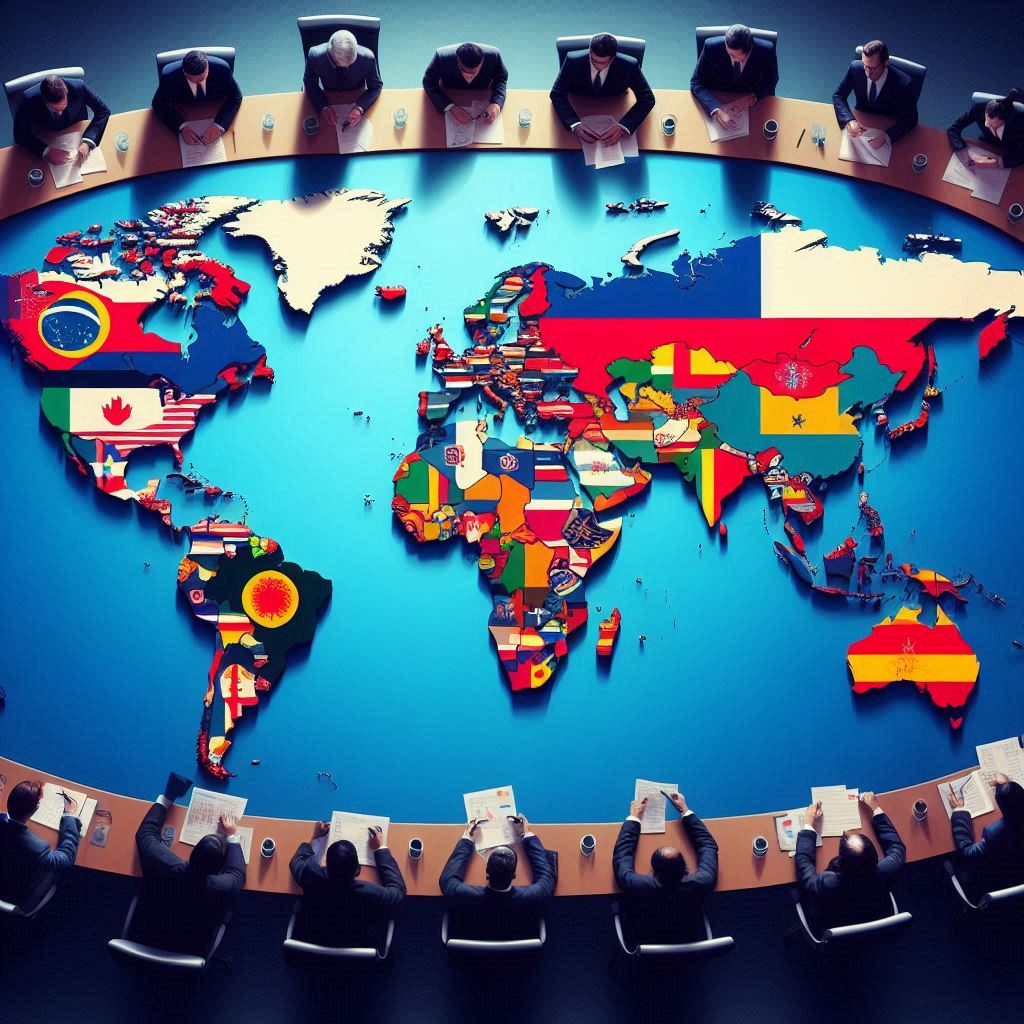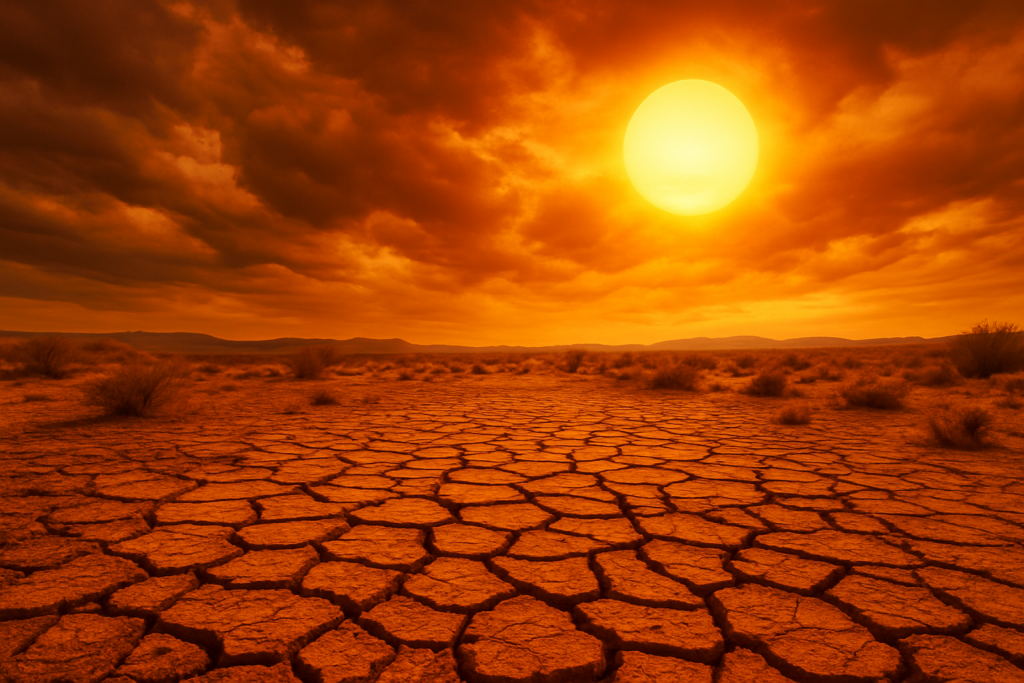The global political landscape is constantly evolving, with major shifts in power, governance, and diplomacy influencing international relations. In 2024, we continue to see significant developments that will shape the future of nations, alliances, and global governance. Understanding these changes is crucial for staying informed about how they affect economies, peace efforts, and political stability worldwide.
Political Shifts in Europe: Redefining Alliances
Europe has long been a hub of political power, with the European Union (EU) at the center of many global policy decisions. However, recent political shifts within key European countries are beginning to reshape alliances and the future of the EU itself.
The rise of populist and nationalist parties across Europe has introduced new challenges to traditional political systems. In countries like France, Italy, and Hungary, populist leaders have gained ground by promoting policies that push back against EU regulations and foster a sense of national sovereignty. This trend has led to increased tensions between member states, challenging the EU’s ability to present a unified front on issues like immigration, economic reform, and climate policy.
Additionally, Brexit’s lingering effects continue to ripple through the continent, as the United Kingdom navigates its new role outside the EU. Trade negotiations and border policies, particularly with Northern Ireland, remain contentious and impact relationships with both EU and non-EU countries.
The Role of China and Russia on the Global Stage
Two of the most significant players in global geopolitics are China and Russia. In recent years, these countries have strengthened their political and economic alliances, positioning themselves as counterbalances to Western influence, particularly that of the United States.
China’s Belt and Road Initiative (BRI) continues to expand its influence in Africa, Asia, and even parts of Europe. The BRI aims to create a vast network of trade routes and infrastructure projects, cementing China’s role as a global economic power. However, concerns about debt dependency and political influence in participating nations have drawn criticism, particularly from the West.
Meanwhile, Russia’s involvement in international conflicts, such as in Syria and Ukraine, keeps the country at the center of global diplomatic tensions. Economic sanctions imposed by the West have not deterred Russia’s efforts to assert its influence in Eastern Europe and the Middle East. Instead, the country has deepened its ties with non-Western powers, including China and Iran.

U.S. Foreign Policy Under Scrutiny
As the United States continues to adapt to its own political changes, its role in international relations is undergoing a transformation. With shifting priorities under the current administration, U.S. foreign policy has been focused on rebuilding alliances, especially with NATO partners, while also pivoting toward more aggressive economic competition with China.
One of the most significant areas of focus is climate diplomacy. The U.S. is leading efforts to engage other nations in combating climate change, rejoining the Paris Agreement and investing heavily in renewable energy solutions. However, trade disputes with China and concerns over Russia’s military activities are keeping the U.S. in a delicate balancing act of diplomacy and conflict.
The Future of Global Politics
The political landscape in 2024 is marked by complex relationships and power struggles that will continue to define international relations. The rise of populism in Europe, the expanding influence of China and Russia, and the evolving foreign policy of the U.S. are all shaping a new global order.
For individuals and businesses alike, staying informed about these political shifts is critical. Changes in alliances, economic policies, and governance structures can have profound impacts on global markets, trade, and international security. The coming years will be pivotal as nations navigate these challenges and redefine their roles in the world.


